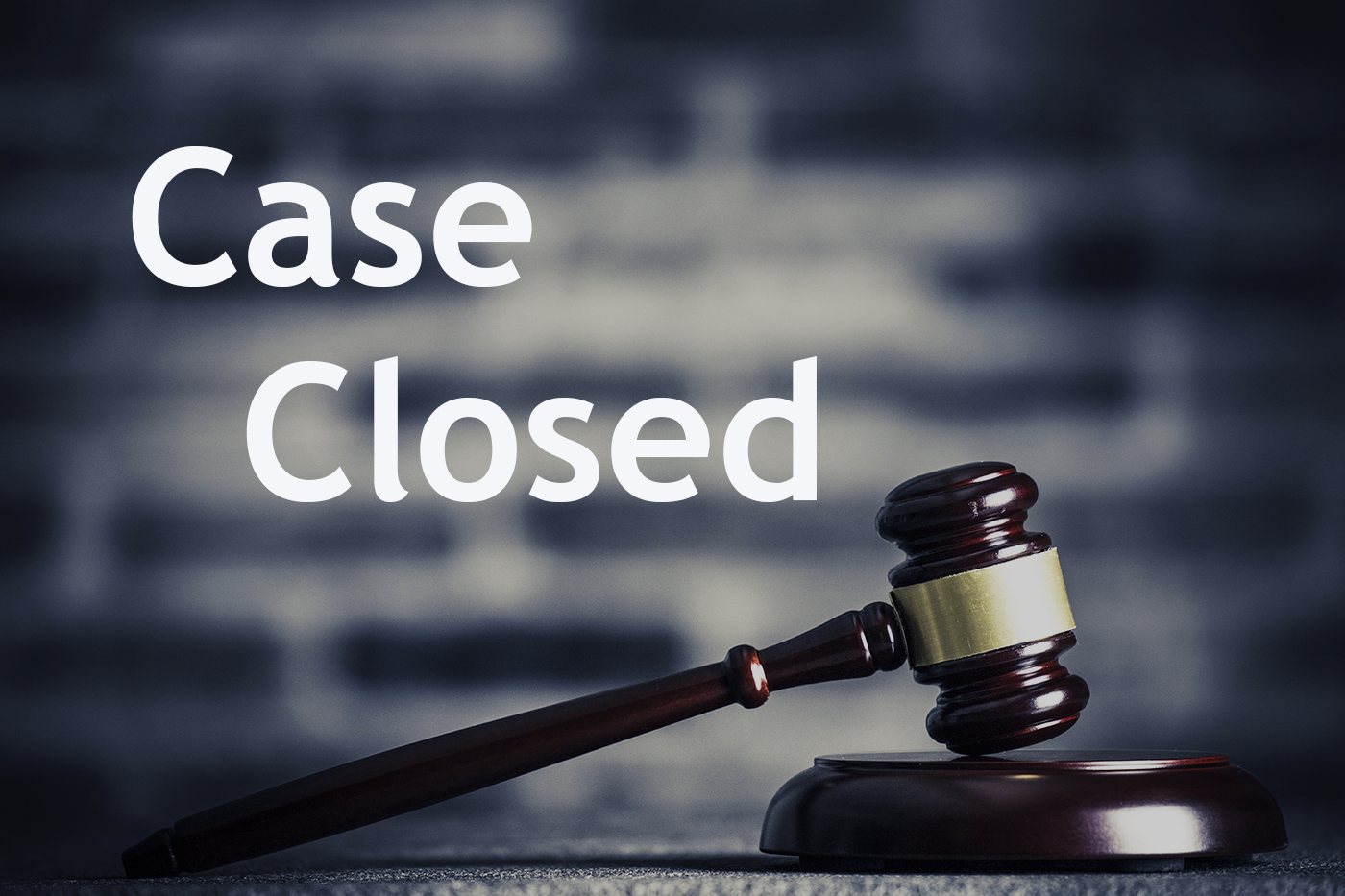Step 5 - Hearing
The Final Hearing
You will learn:
1. Which forms you need.
2. What to do at the hearing.
3. About the Judge's decision.


1. Forms
- All Forms
- Individual Forms
1. Pretrial Statement - JDF 1129
- Sample | PDF Fillable | WORD
- Let the Judge know what issues need to be decided.
- Let the Judge know your opinions on those issues.
2. Sworn Financial Statement - JDF 1111
- Sample | PDF Fillable | WORD
- Your financial information.
- This one includes any changes since the last time you filed this form.
3. Witness List - JDF 71
- Sample | PDF Fillable | WORD
- Let everyone know who you plan to call as witnesses.
4. Exhibit List - JDF 72
- Sample | PDF Fillable | WORD
- Let everyone know which documents you plan to submit.
5. Subpoena - JDF 80 & 80.1
- Sample | PDF Fillable | WORD: 80 - 80.1
- This document requires someone to come to the Hearing.
6. Motion for Absentee Testimony - JDF 1309 & 1310
- Sample | PDF Fillable: 1309 - 1310 | WORD: 1309 - 1310
- Requests a witness to testify virtually or by phone.


2. Terms
- Permanent Orders
- The term used for the final hearing in a family matters case.
- The title for the Judge's final written orders.
- Witness
- A person you ask questions to at the hearing.
- Exhibit
- A document or other evidence you give to the Judge for their consideration.
- Subpoena
- A document that requires someone to attend a Hearing.

3. Plan for the Hearing
-
Why do this?
-
At the Permanent Orders Hearing, you will report what you want and why.
-
Outline
-
Plan out your report
- Issues – Know what is left for the Judge to decide.
- Law – Know what the Judge can consider when making decisions.
- Facts – Know which facts the Judge can use to apply the law.
-
Witnesses
-
A witness gives facts to the Judge by answering your questions.- Select which people have facts the Judge needs.
- Write questions you want to ask each witness.
- Prepare the witness by reviewing with them the questions you will ask.
A witness can volunteer to come to the hearing.
Or, you can require a witness to come.
- File a form called a subpoena
- Subpoena – JDF 80
-
Exhibits
-
A witness can talk about the documents you provide.
-
Select which documents contain facts the Judge needs to know.
-
Organize each document. Label it with
-
A number (Petitioner), or
-
A letter (Respondent).
-
-
Know which witness can talk about that document.
-


4. Pretrial Statement
-
What is it?
-
This form outlines the remaining problems the Judge will need to decide.
It will also include:
- A list of people you want to testify at the hearing.
- Witness List - JDF 71
- A list of the documents you will present at the hearing.
- Exhibit List - JDF 72
- A copy of all the exhibits.
- An updated statement on your finances.
- Sworn Financial Statement - JDF 1111 SC
- A list of people you want to testify at the hearing.
-
Who files this?
-
- If neither spouse has a lawyer:
- Then you will both file a statement.
- If one spouse has a lawyer:
- Then that lawyer will file a statement for both of you.
- Send your portions to the lawyer 14 days before the form is due.
- If neither spouse has a lawyer:
-
When is it due?
-
Seven days before the hearing.

Learn More – Marital Debt & Property Law

5. Go to the Hearing
-
Give Your Position
-
Presenting Facts
- Focus on facts that will help the Judge decide the issues.
- Ask questions to your witnesses.
- This is called Direct Examination.
- Ask witnesses about your exhibits.
Tell your story
- Let the Court know your position and why.
-
Oppose Other's Positions
-
-
Ask questions of their witnesses.
-
This is called cross-examination
-
-
Or, you may present exhibits that show that a witness is not telling the truth.
-
This is called rebuttal evidence.
-
The hearing is your once chance to show that a witness is lying.
-
-


5. Final Decision
-
What will the Court Do?
-
The Court will :
- Decide if your marriage was lawful.
- Divide the marital property and debt.
- Set any spousal support.
-
How Does the Court Decide?
-
The Court will:
Look at Facts by
- Listening to the testimony, and
- Reviewing the exhibits
Determine the truth by:
- Deciding which witnesses are more believable, and
- Deciding which exhibits are more believable.
- This is called a credibility determination.
- You cannot appeal credibility determinations.
Resolve any Conflicting Facts by:
- Decide which fact is more likely to be true.
- These, along with the undisputed facts, are called the findings of facts.
Apply the Law by:
- Taking the findings of fact, and
- Deciding what the law requires.
-
When Will the Decision Come?
-
- Sometimes, it's the same day as the hearing. Or,
- The Court may take a few weeks.
- Either way, written orders will be mailed to you.
-
Manage Your Disappointment
-
You won't get everything you want.
-
The Court has a hard job in making these tough decisions.
-
